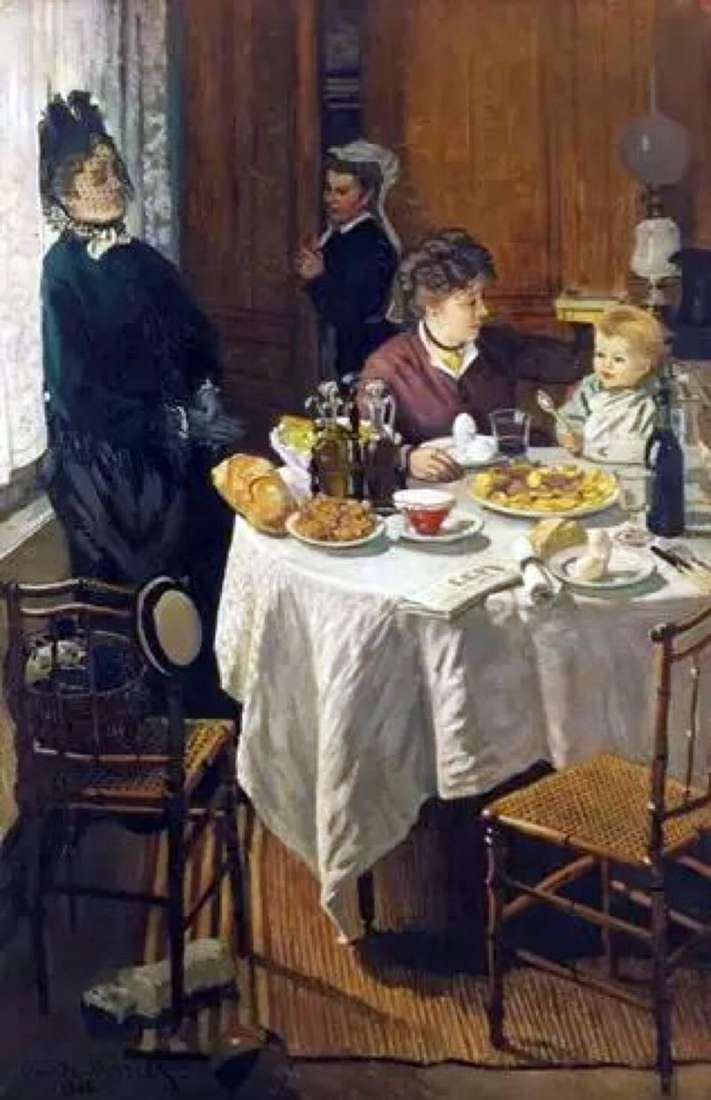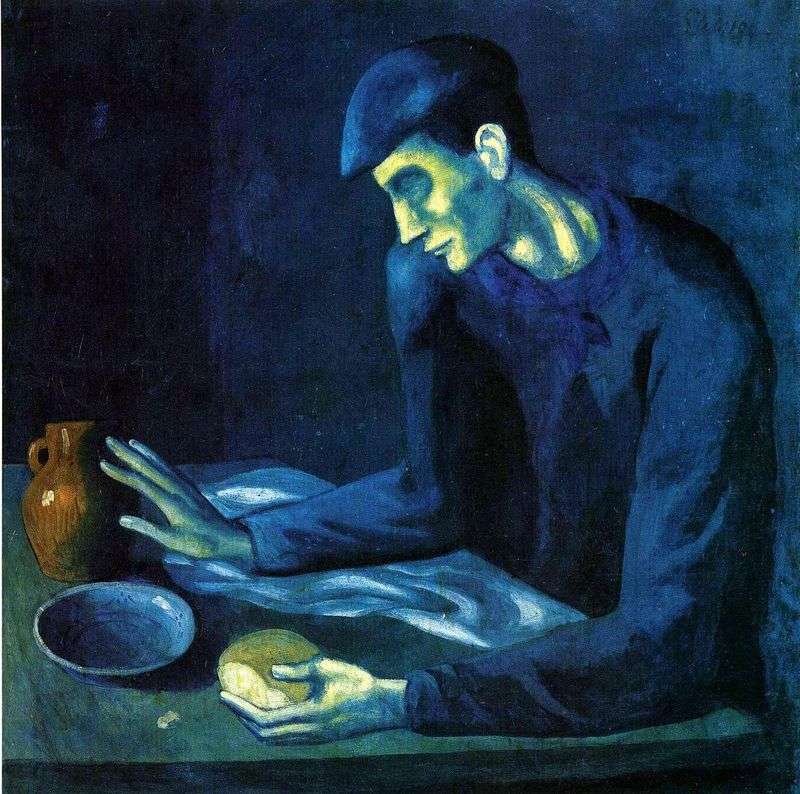
The great master, whose brush and eyes are focused on such things that show the variety of colors of life, noticed the moments, the plot of which lay at the base of his merry and multifaceted canvases. What P. Fedotov painted on the canvas “Breakfast aristocrat”? Why is this work so interesting for me?
Until now, I have represented the aristocratic breakfast as a grandiose action from several acts and present spectators in the form of numerous well-trained servants. On the table are many different dishes, the kind of which will awaken the appetite even for a well-fed person. Their absorption is slow, as if something significant is happening in the dimensions of the Galaxy. Even the servant slowly “swims” along the table, obligingly and silently offering new and new dishes.
From the whole picture, drawn in my imagination, with what I see on the canvas, only the soundlessness coincides. Quietly, as if afraid of being heard and exposed, the one who wears the mask of an aristocrat absorbs the most modest food that one can imagine – breaking black bread. This is the only thing in the room that does not fit the general idea of the hero’s security.
It becomes clear that the ruined representative of the higher circles is forced to economize on everything. That’s an inverted empty purse that testifies to this. Only to admit this does not want. He has expensive furniture, luxurious clothes, paintings on the walls, to strengthen the prestige that he does not have, a young man started a dog, clearly indulging the fashion trends of that time. All this the artist depicts with the help of bright, saturated colors. Is there any hope for this aristocrat, that things will get better, thanks to all his tricks?
Indeed, the picture created by Fedotov is worthy of considering it carefully, to study. Then you can find a lot of details, emphasizing its psychological line and value. I liked that the hero tries to hide a single modest detail, covering it with a piece of bread. It sounded like a symbol of his actual illiteracy. The question arises, what did he think about when he read the great writers who praised their self-esteem?
 Players by Pavel Fedotov
Players by Pavel Fedotov All cholera is to blame! by Pavel Fedotov
All cholera is to blame! by Pavel Fedotov Fresh Chevalier. Morning of the official who received the first cross by Pavel Fedotov
Fresh Chevalier. Morning of the official who received the first cross by Pavel Fedotov Portrait of NP Zhdanovich behind the clavinet by Pavel Fedotov
Portrait of NP Zhdanovich behind the clavinet by Pavel Fedotov Breakfast by Claude Monet
Breakfast by Claude Monet Breakfast of the Blind by Pablo Picasso
Breakfast of the Blind by Pablo Picasso Matchmaking of the Major by Pavel Fedotov
Matchmaking of the Major by Pavel Fedotov Portrait of Alexandra Petrovna Zhdanovich by Pavel Fedotov
Portrait of Alexandra Petrovna Zhdanovich by Pavel Fedotov